2000 Chevrolet Camaro Brake Rotors and Pads
Click here to search another vehicle
All Rotors:
OEM x
Coated x
Drilled, Slotted and Coated x
Front x
Rear x
All Pads:
Ceramic x
Semi-metallic x
Front x
Rear x
Found 8 record
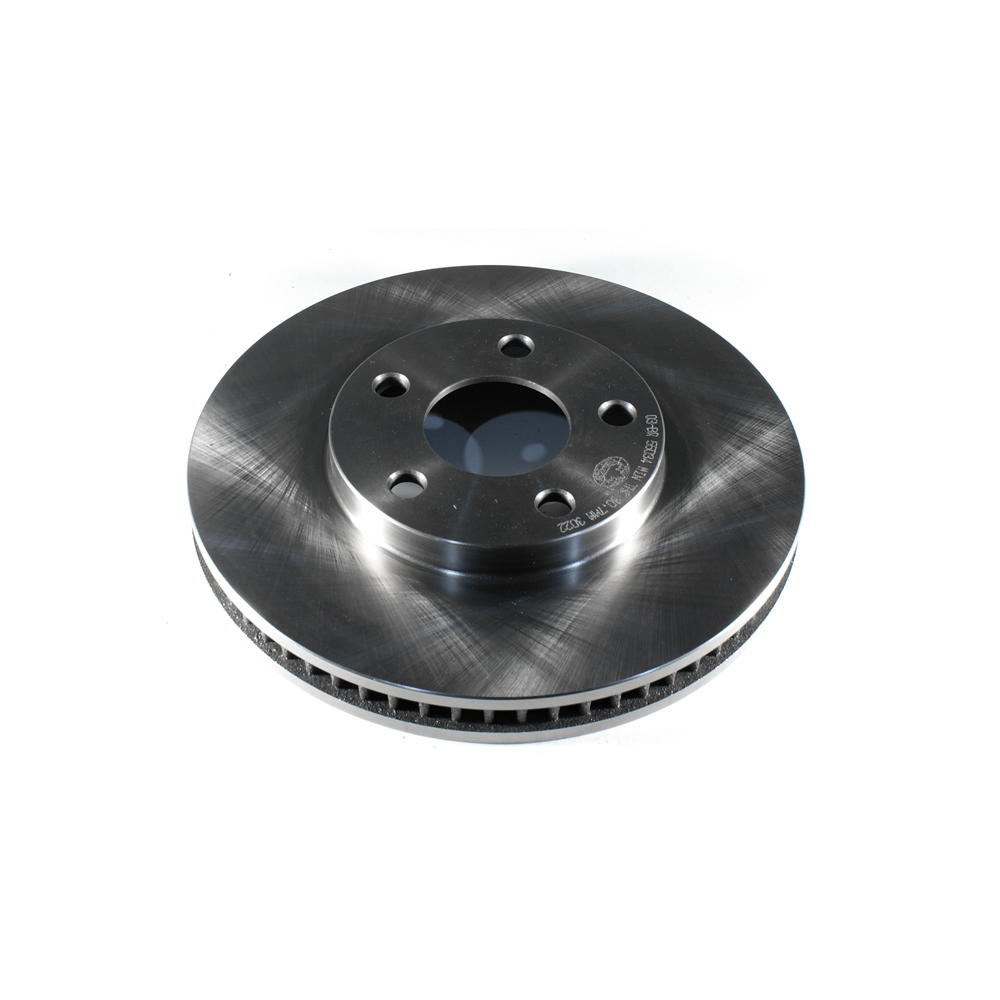
Part No: BR55034
Raybestos: 56641
OE: 18060640
Raybestos: 56641
OE: 18060640
$38.88 each
Per Car QTY: 2
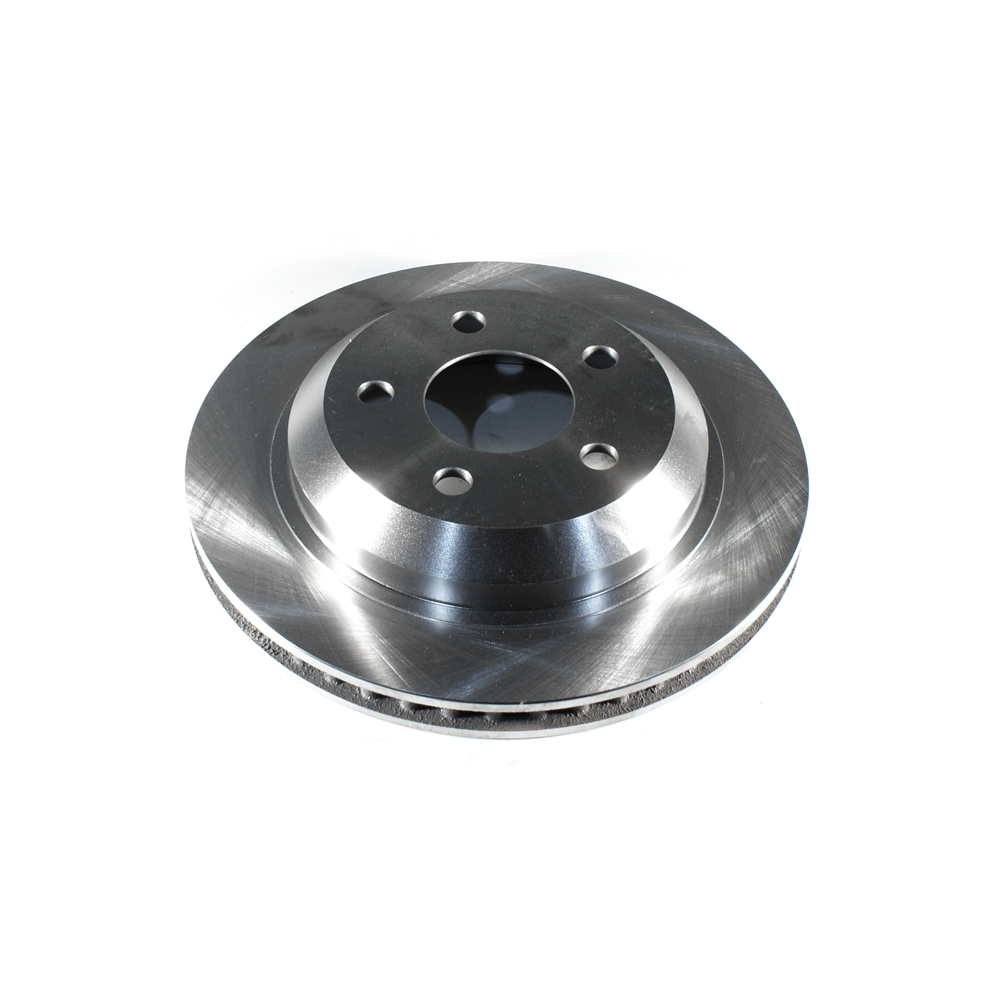
Part No: BR55050
Raybestos: 56756
OE: 18060239
Raybestos: 56756
OE: 18060239
$41.17 each
Per Car QTY: 2
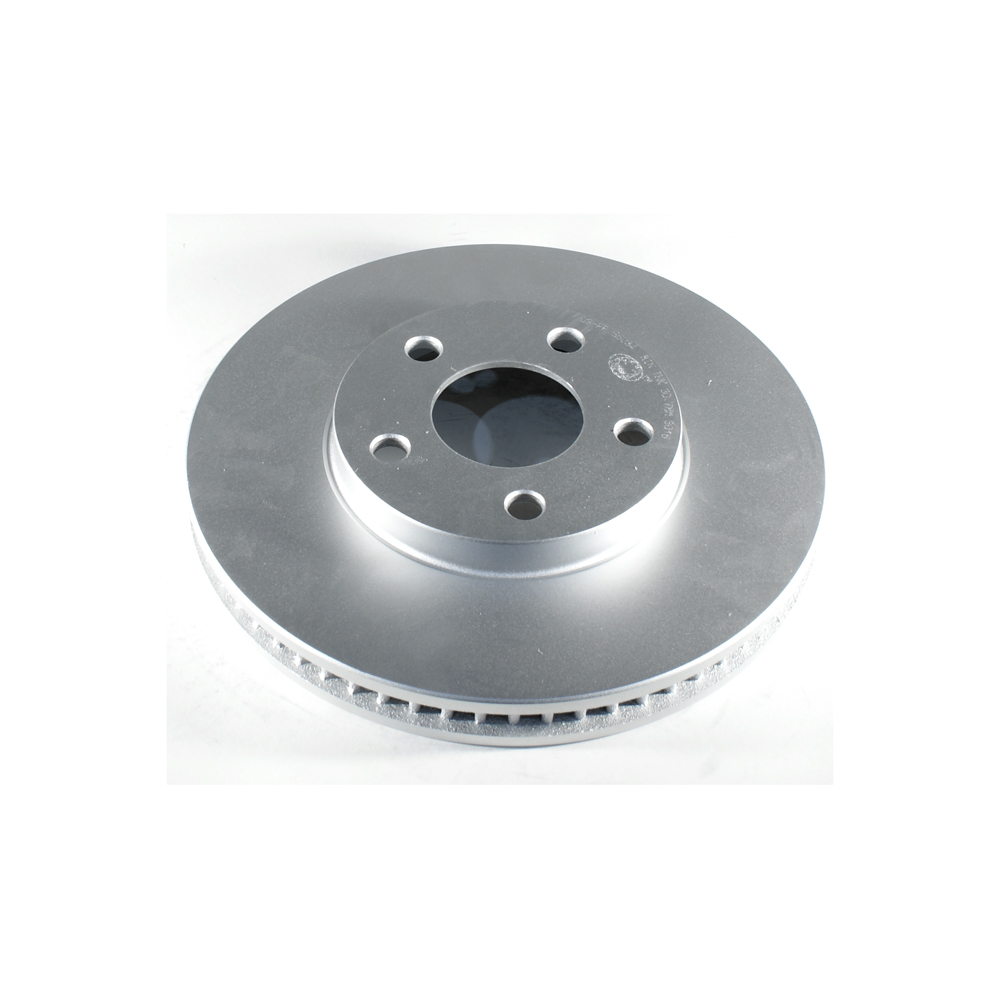
Part No: PP55034
Raybestos: 56641
OE: 18060640
Raybestos: 56641
OE: 18060640
$55.19 each
Per Car QTY: 2
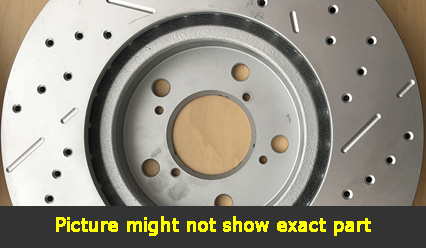
Part No: SP55034L
Raybestos: 56641
OE: 18060640
Raybestos: 56641
OE: 18060640
$87.59 each
Per Car QTY: 1
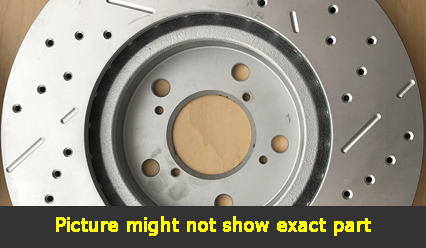
Part No: SP55034R
Raybestos: 56641
OE: 18060640
Raybestos: 56641
OE: 18060640
$87.59 each
Per Car QTY: 1
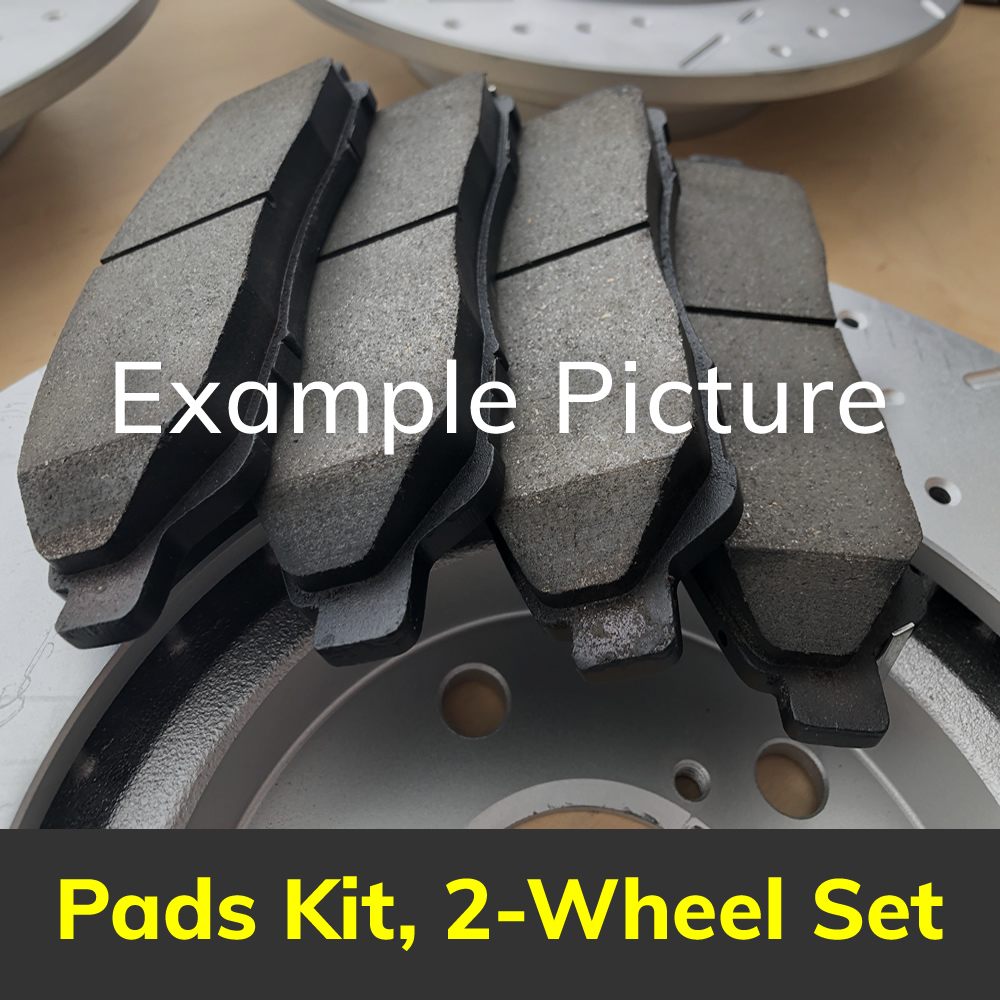
Part No: PD749C
Raybestos: 749
OE:
Raybestos: 749
OE:
$32.2 each
Per Car QTY: 1
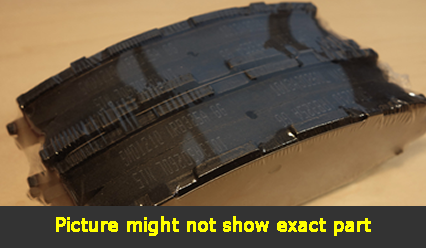
Part No: SMD749
Raybestos:
OE:
Raybestos:
OE:
$23.63 each
Per Car QTY: 1
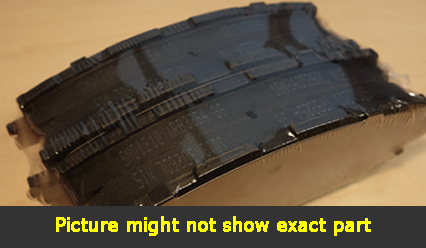
Part No: SMD750
Raybestos:
OE:
Raybestos:
OE:
$21.46 each
Per Car QTY: 1
Choosing the right brakes for your 2000 Chevrolet Camaro is crucial for ensuring the safety and performance of your vehicle. Whether you're replacing worn-out brakes or looking for an upgrade, this article will guide you through the process of selecting the best brakes for your Camaro.
1. Identify Your Driving Habits: Consider your driving style and the conditions in which you primarily drive. Are you a daily commuter? Do you engage in spirited driving or track events? Are you often driving in hilly terrains or extreme weather conditions? Understanding your driving habits will help determine the type of brakes suitable for your needs.
2. OEM vs. Aftermarket: OEM (Original Equipment Manufacturer) brake systems are designed specifically for your vehicle make and model. They offer standard performance and are recommended for normal daily driving. Aftermarket brakes, on the other hand, provide a range of options, including improved performance, durability, and different braking characteristics. Determine whether you want to stick with OEM brakes or explore aftermarket options.
3. Brake Pad Materials: Brake pads play a vital role in stopping your vehicle. They come in various materials, each having its own advantages and disadvantages.
- Organic brake pads are budget-friendly and provide consistent braking performance with low noise levels. However, they generally wear faster and produce more brake dust.
- Semi-metallic brake pads offer improved braking performance, making them suitable for more aggressive driving styles. They are durable and handle higher temperatures better.
- Ceramic brake pads are known for their quiet operation, excellent heat dissipation, and low brake dust production. They provide consistent stopping power and are often recommended for luxury vehicles. However, they are usually pricier than other options.
4. Rotor Selection: Along with brake pads, consider the condition of your rotors. If they are heavily worn, damaged, or causing vibration, it is recommended to replace them in conjunction with the brake pads. There are different types of rotors available, including solid, vented, drilled, and slotted. Each design has its own benefits:
- Solid rotors are cost-effective and the standard option for most vehicles.
- Vented rotors dissipate heat more efficiently, reducing the chance of brake fade during prolonged braking.
- Drilled rotors offer better cooling capabilities and can prevent gas buildup between the pad and rotor. However, they may be prone to cracking under extreme use.
- Slotted rotors improve brake performance by degassing the pad and increasing initial bite. They also help in removing heat and debris more effectively.
5. Brake Brand and Quality: Consider reputable brake manufacturers that have a history of producing reliable and high-quality brake systems. Brands like ACDelco, Brembo, Hawk Performance, and EBC are widely recognized for their brake products.
6. Consult with Experts: If you're unsure about which brakes to choose for your 2000 Chevrolet Camaro, it's always wise to consult with automotive experts or professionals who can provide guidance based on your specific needs, budget, and driving conditions.
Remember, choosing the right brakes for your Camaro is essential for maintaining safety, longevity, and optimal performance. Take into account your driving habits, consider different brake pad materials and rotor types, and select reputable brands. By doing so, you'll ensure a smooth and reliable braking system for your Chevrolet Camaro.
1. Identify Your Driving Habits: Consider your driving style and the conditions in which you primarily drive. Are you a daily commuter? Do you engage in spirited driving or track events? Are you often driving in hilly terrains or extreme weather conditions? Understanding your driving habits will help determine the type of brakes suitable for your needs.
2. OEM vs. Aftermarket: OEM (Original Equipment Manufacturer) brake systems are designed specifically for your vehicle make and model. They offer standard performance and are recommended for normal daily driving. Aftermarket brakes, on the other hand, provide a range of options, including improved performance, durability, and different braking characteristics. Determine whether you want to stick with OEM brakes or explore aftermarket options.
3. Brake Pad Materials: Brake pads play a vital role in stopping your vehicle. They come in various materials, each having its own advantages and disadvantages.
- Organic brake pads are budget-friendly and provide consistent braking performance with low noise levels. However, they generally wear faster and produce more brake dust.
- Semi-metallic brake pads offer improved braking performance, making them suitable for more aggressive driving styles. They are durable and handle higher temperatures better.
- Ceramic brake pads are known for their quiet operation, excellent heat dissipation, and low brake dust production. They provide consistent stopping power and are often recommended for luxury vehicles. However, they are usually pricier than other options.
4. Rotor Selection: Along with brake pads, consider the condition of your rotors. If they are heavily worn, damaged, or causing vibration, it is recommended to replace them in conjunction with the brake pads. There are different types of rotors available, including solid, vented, drilled, and slotted. Each design has its own benefits:
- Solid rotors are cost-effective and the standard option for most vehicles.
- Vented rotors dissipate heat more efficiently, reducing the chance of brake fade during prolonged braking.
- Drilled rotors offer better cooling capabilities and can prevent gas buildup between the pad and rotor. However, they may be prone to cracking under extreme use.
- Slotted rotors improve brake performance by degassing the pad and increasing initial bite. They also help in removing heat and debris more effectively.
5. Brake Brand and Quality: Consider reputable brake manufacturers that have a history of producing reliable and high-quality brake systems. Brands like ACDelco, Brembo, Hawk Performance, and EBC are widely recognized for their brake products.
6. Consult with Experts: If you're unsure about which brakes to choose for your 2000 Chevrolet Camaro, it's always wise to consult with automotive experts or professionals who can provide guidance based on your specific needs, budget, and driving conditions.
Remember, choosing the right brakes for your Camaro is essential for maintaining safety, longevity, and optimal performance. Take into account your driving habits, consider different brake pad materials and rotor types, and select reputable brands. By doing so, you'll ensure a smooth and reliable braking system for your Chevrolet Camaro.


